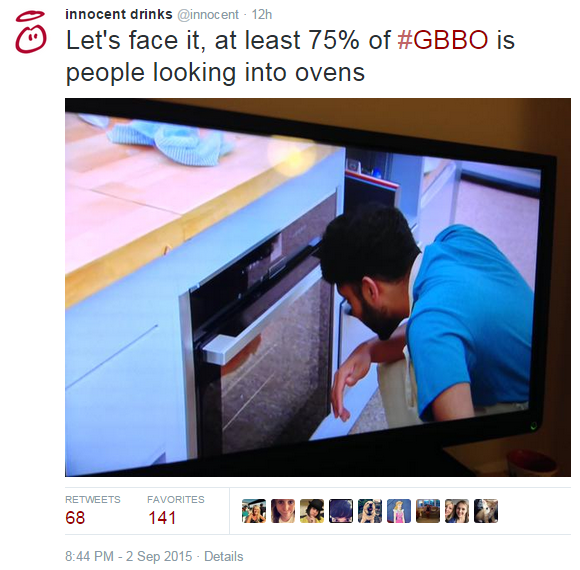Can we still distinguish between people and brands?
Of course we can – a person is a human being with complex thoughts, emotions and feelings. A brand is something synthetic, created to sell products or promote an ideology; the two things are entirely different!
… Except, really, they’re not. According to the Oxford English Dictionary, a brand is a “particular identity or image regarded as an asset”. Is this definition restricted to big companies and corporations, or can we now use the same classification for personal reputation too?
The CEO of Yum Brands (KFC’s father company) recently said, “You can market to love and hate; you cannot market to indifference”. This especially rings true if the brand being marketed is actually an individual. Think back to last weekend’s dramatic showdown between Usain Bolt, the Saviour of Athletics, and Justin Gatlin, the Returning Drugs Cheat. Both athletes – both people – were identified by nothing more than a name and a tagline; we could just as easily be discussing a face-off between BMW, The Ultimate Driving Machine, vs. Mercedes, Unlike Any Other.
Of course, traditional brands have their part to play; people cannot always become brands on their own. Individuals like Steve Jobs, Richard Branson & Anna Wintour started off as brand leaders before moving on to epitomize the values of the companies they represent. Jobs is probably the best example of this. “Think Different” is Apple’s tagline, and he became renowned for doing just that. He even perfected a signature outfit, the famous black turtleneck jumper and blue jeans rather than a corporate suit and tie. Ironically, he’s most well-known in the business world for hating the words ‘branding’ and ‘marketing’, as he was renowned for being all about the product quality.
Today, celebs don’t need the springboard of a well-known product or company to launch themselves as a brand. The rise of social media means that celebrities can be created, promoted and engaged with much more easily. Katie Hopkins, although controversial at the best of times, offers a masterclass in cultivating a brand image and getting it noticed by a huge number of people (not necessarily for all the right reasons…). And there’s a wide range of Twitter, YouTube, Instagram and blogging stars who managed to get their own names out there simply through creating a unique voice. Power couple Zoella and Alfie Deyes are a prime example.
On the flip-side, large companies like Tesco, Pret and Flybe are using the personal approach to engage with potential and existing consumers. By being personable and having banter with the consumers they’re trying to reach, traditional brands are proving that personal is the new professional. The innocent drinks account, for example, is full of personality, with jokes and photos that could easily be found on a personal Twitter feed; they’re carving themselves out a fun, quirky identity that internet users want to engage with.

If brands are representing themselves as people and people are being identified as brands, maybe distinguishing between the two is harder than it once was; the two ideas are starting to merge as we search for the best way to promote and sell our products and ideals. But perhaps the distinction is also changing in places other than the world of celebrity. Anyone who has a social media account – literally anyone – is promoting their own personal brand. By controlling the content you share with friends and followers and only portraying the version of you that you want others to see, you’re being reduced to your very own name with a tagline, visual identity and tone of voice. You’re selling your own ideology – Brand You.
So, and this might not be a surprise to everyone reading this, it makes sense to monitor what can be seen by who very carefully if you want Brand You to be the next big hit – or you want to keep it out of trouble.
Gemma White, Intern, Brand Marketing
Find Out More
-
Achieving Outsized Impact by Building Stronger Country Reputation
February 18, 2025


